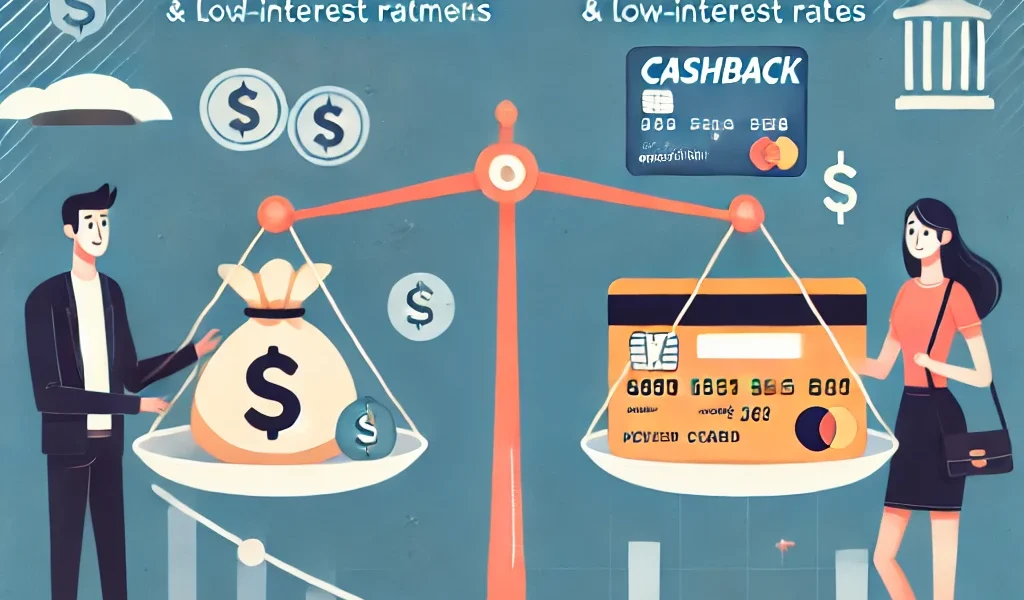Introduction
When it comes to borrowing money, personal loans and credit cards are two of the most popular options. Both provide financial flexibility, but they serve different purposes and come with distinct advantages and drawbacks. Choosing between a personal loan and a credit card depends on factors like interest rates, repayment terms, financial needs, and spending habits.
In this article, we’ll compare personal loans and credit cards, helping you determine which option is better for your financial situation.
1. Understanding Personal Loans and Credit Cards
What is a Personal Loan?
A personal loan is a lump sum of money borrowed from a bank, credit union, or online lender that is repaid in fixed installments over a set period.
Key Features:
- Fixed repayment terms (usually 1 to 7 years)
- Lower interest rates than credit cards (for borrowers with good credit)
- Can be used for large expenses like home renovations, medical bills, or debt consolidation
- Requires an application process, credit check, and approval
What is a Credit Card?
A credit card is a revolving line of credit that allows users to borrow money up to a pre-approved limit and repay it over time.
Key Features:
- No fixed repayment period
- Higher interest rates than personal loans (if not paid in full each month)
- Offers rewards, cashback, and perks like travel benefits
- Can be used for everyday purchases and emergency expenses
2. Key Differences Between Personal Loans and Credit Cards
| Feature | Personal Loan | Credit Card |
|---|---|---|
| Loan Type | Lump sum | Revolving credit |
| Repayment | Fixed monthly payments | Flexible payments (minimum due or full balance) |
| Interest Rates | Lower (for good credit borrowers) | Higher (unless paid in full monthly) |
| Best For | Large expenses, debt consolidation | Daily expenses, short-term financing |
| Approval Process | Requires credit check and documentation | Quick approval, pre-approved limits |
| Perks & Rewards | None | Cashback, travel rewards, discounts |
3. When to Choose a Personal Loan
A personal loan is a better option in the following situations:
a) Large, One-Time Expenses
- If you need a significant amount of money for home improvement, medical expenses, or a major purchase, a personal loan provides structured financing.
b) Debt Consolidation
- If you have high-interest credit card debt, a personal loan can help you consolidate it into one lower-interest payment, reducing overall costs.
c) Predictable Monthly Payments
- Fixed interest rates and set repayment terms make budgeting easier, unlike fluctuating credit card bills.
d) Lower Interest Rates
- If you have good credit, a personal loan often comes with lower interest rates than carrying a balance on a credit card.
4. When to Choose a Credit Card
A credit card is the better option in these situations:
a) Everyday Expenses and Small Purchases
- Credit cards are convenient for groceries, fuel, dining, and other recurring expenses, provided you can pay off the balance in full each month.
b) Short-Term Financing
- If you need a short-term loan and can repay it within a month, credit cards are useful to avoid interest charges.
c) Rewards and Perks
- Many credit cards offer cashback, travel points, and other rewards, making them attractive for responsible users.
d) Emergency Expenses
- Credit cards provide instant access to funds, making them helpful in emergencies when immediate payment is required.
5. Pros and Cons of Personal Loans and Credit Cards
Pros of Personal Loans:
✅ Lower interest rates (for good credit borrowers)
✅ Fixed repayment schedule
✅ Ideal for large purchases or debt consolidation
✅ Helps build credit with regular, on-time payments
Cons of Personal Loans:
❌ Requires approval and documentation
❌ May include origination fees or prepayment penalties
❌ Less flexibility once the loan is disbursed
Pros of Credit Cards:
✅ Flexible repayment terms
✅ Offers rewards, cashback, and perks
✅ Instant access to funds
✅ Helps build credit if used responsibly
Cons of Credit Cards:
❌ High interest rates if balances are not paid in full
❌ Can lead to overspending and debt accumulation
❌ May charge annual fees and late payment penalties
6. Which One is Better for You?
The right choice depends on your financial goals and spending habits:
- Choose a personal loan if you need structured repayment, lower interest rates, and a fixed amount for a specific expense.
- Choose a credit card if you require flexible spending, short-term credit, and rewards on purchases.
- Use both strategically by paying off daily expenses with a credit card (to earn rewards) while financing large expenses with a personal loan (to avoid high interest rates).
7. Conclusion
Both personal loans and credit cards have their place in financial planning. A personal loan is ideal for major expenses with fixed repayment, while a credit card provides flexibility and rewards for daily spending. Understanding your needs, repayment capability, and financial discipline will help you make the right choice.
Before borrowing, compare interest rates, fees, and terms from different lenders and credit card providers to ensure you get the best deal.
Disclaimer:
This article is for informational purposes only and does not constitute financial advice. Interest rates, terms, and eligibility criteria vary by financial institution and individual creditworthiness. Always consult a financial expert before making borrowing decisions



